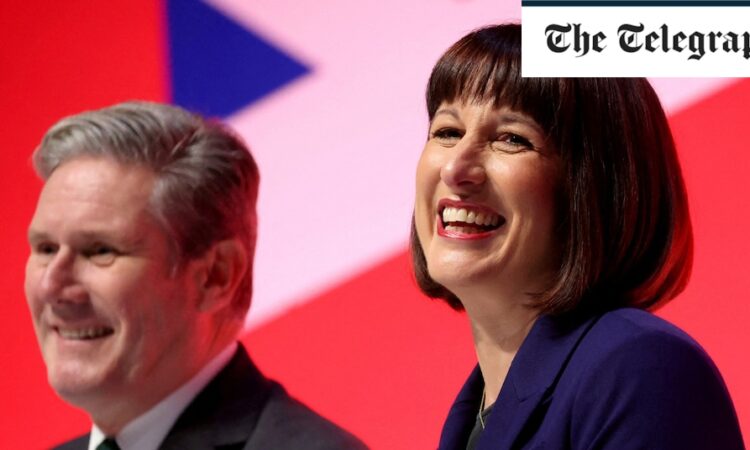
The long hiatus in business investment seen since the vote for Brexit may finally have run its course. Years of underinvestment may be about to come to an end in a dam-burst of pent-up spending.
Most business leaders I talk to cite political drift and incompetence as a major cause of the blockage, so would welcome the return of more stable government. A more harmonious relationship with Europe, which perhaps only Sir Keir is capable of achieving after the acrimony of recent years, might also help.
The other big hope for the future is our old friend artificial intelligence. We shouldn’t get too carried away in assessing AI’s real-world importance, but it is none the less reasonable to assume potential productivity gain at least as great as that of the IT revolution of the 1990s and early 2000s.
If Britain can stay ahead of the game in applying the new technologies across sectors, AI may finally begin to lift the economy out of its current low-productivity rut.
We cannot know the future, but it is possible to imagine a world in which Donald Trump wins, some kind of peace settlement is carved out in Ukraine and Gaza, and contrary to expectations, tensions between China and the US ease rather than deepen.
Any such scenario may not seem likely at the moment, but further escalation in geopolitical tensions is not inevitable; it is just as possible that things will get better as get worse.
Of course, there is plenty to worry about even in Labour’s published agenda, let alone what it might do once in power. Uncompromising attachment to net zero targets suggests a continued and worrying lack of regard for practicalities and cost to the wider economy.
Yet assuming Starmer and Reeves can keep the hotheads of their party under control, there is no reason to believe the change in government is going to dramatically change the big picture on the economy. Luckily for them, the trend is one of improvement. They’ll have to do an awful lot wrong to derail it.






